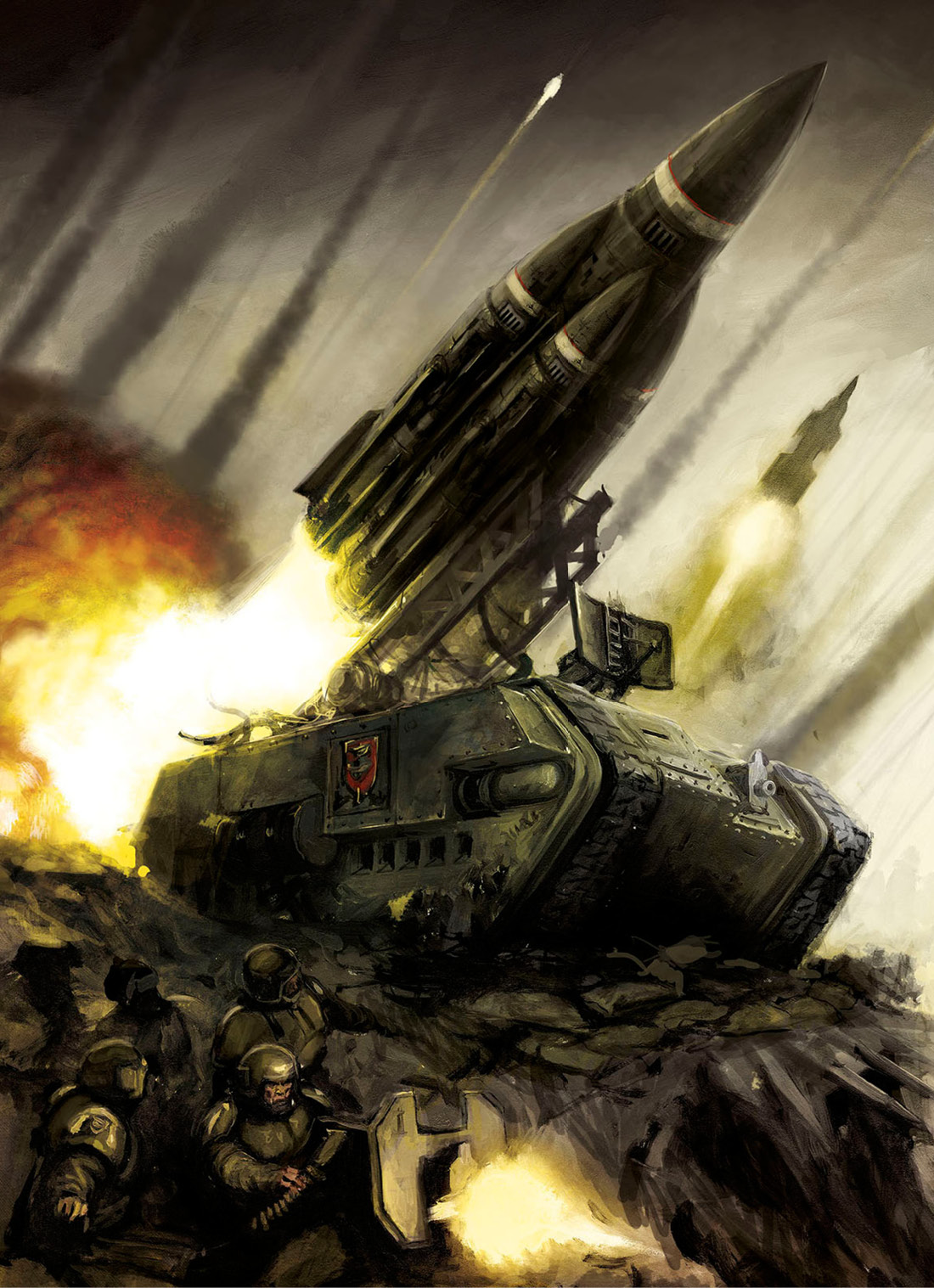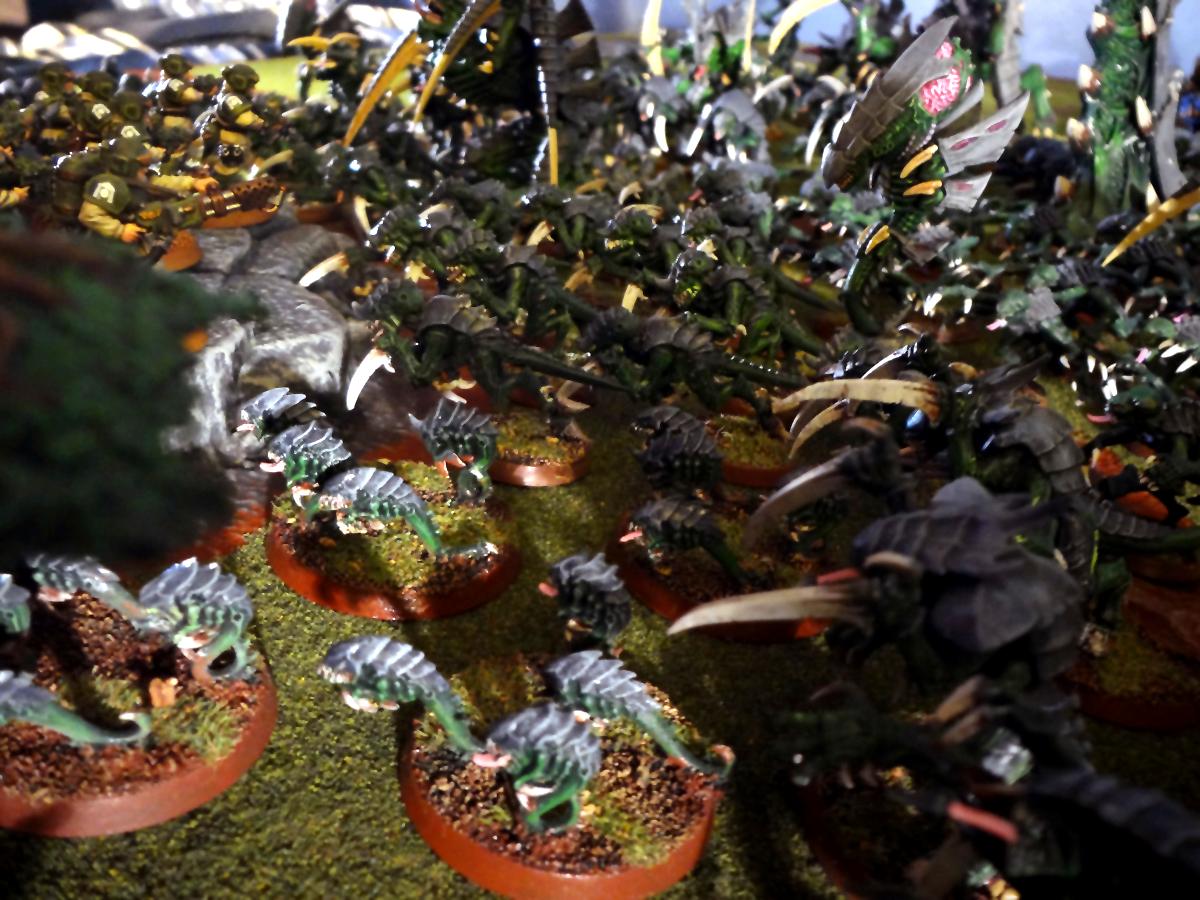
Excubitors, Byzantine imperial guards established under the Byzantine emperor Leo I the Thracian.The Rapid as Tigers (imperial guards unit) of the Army of the Han dynasty.The Feathered Forest (imperial guards unit composed of primarily or entirely cavalry) of the Army of the Han dynasty.Several units from this army would be given the honor of guarding the emperor in the capitol.
#Imperial guard hold the line professional

The 10,000-strong Immortals, an elite heavy infantry unit of the Achaemenid Empire from 550 BC–330 BC, functioning as both an Imperial Guard and a faction of the Achaemenid army.In the post-colonial period, the term has been used colloquially and derisively to describe the staff of a person, usually a politician or corporate executive officer, that acts to prevent direct communication with the person. In such cases the ranks of the guard may be filled with on the one hand Royal kinsman and clansman with a stake in the survival of the ruling family, and on the other with members socially and culturally divorced from the general population and therefore reliant on Imperial patronage for their survival, for example the Varangian Guards (recruiting solely foreigners), and the Janissaries (Christian children taken as slaves from childhood, to serve the Muslim Sultan). In heterogeneous polities reliant on a greater degree of coercion to maintain central authority the political reliability and loyalty of the guard is the most important factor in their recruitment. Napoleon's Imperial Guard is an example of this.


Usually these troops embody a more elite status than other imperial forces, including the regular armed forces, and maintain special rights, privileges and traditions.īecause the head of state often wishes to be protected by the best soldiers available, their numbers and organisation may be expanded to carry out additional tasks. Praetorian Guardsmen featured in a marble relief from the Arch of Claudius (51/52 AD)Īn imperial guard or palace guard is a special group of troops (or a member thereof) of an empire, typically closely associated directly with the Emperor or Empress.


 0 kommentar(er)
0 kommentar(er)
